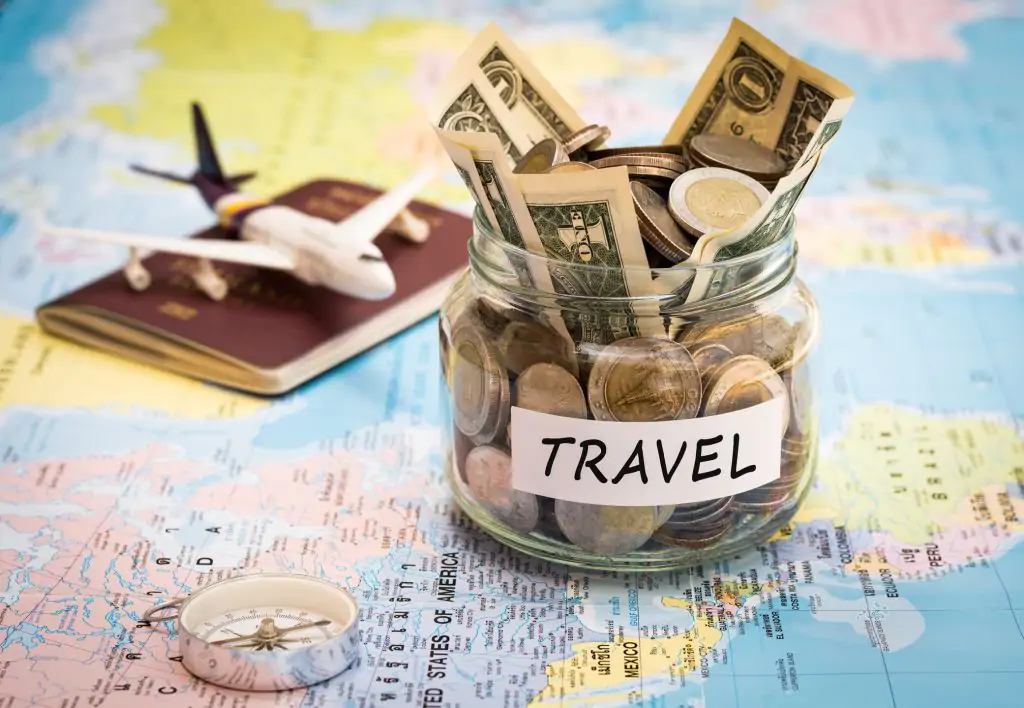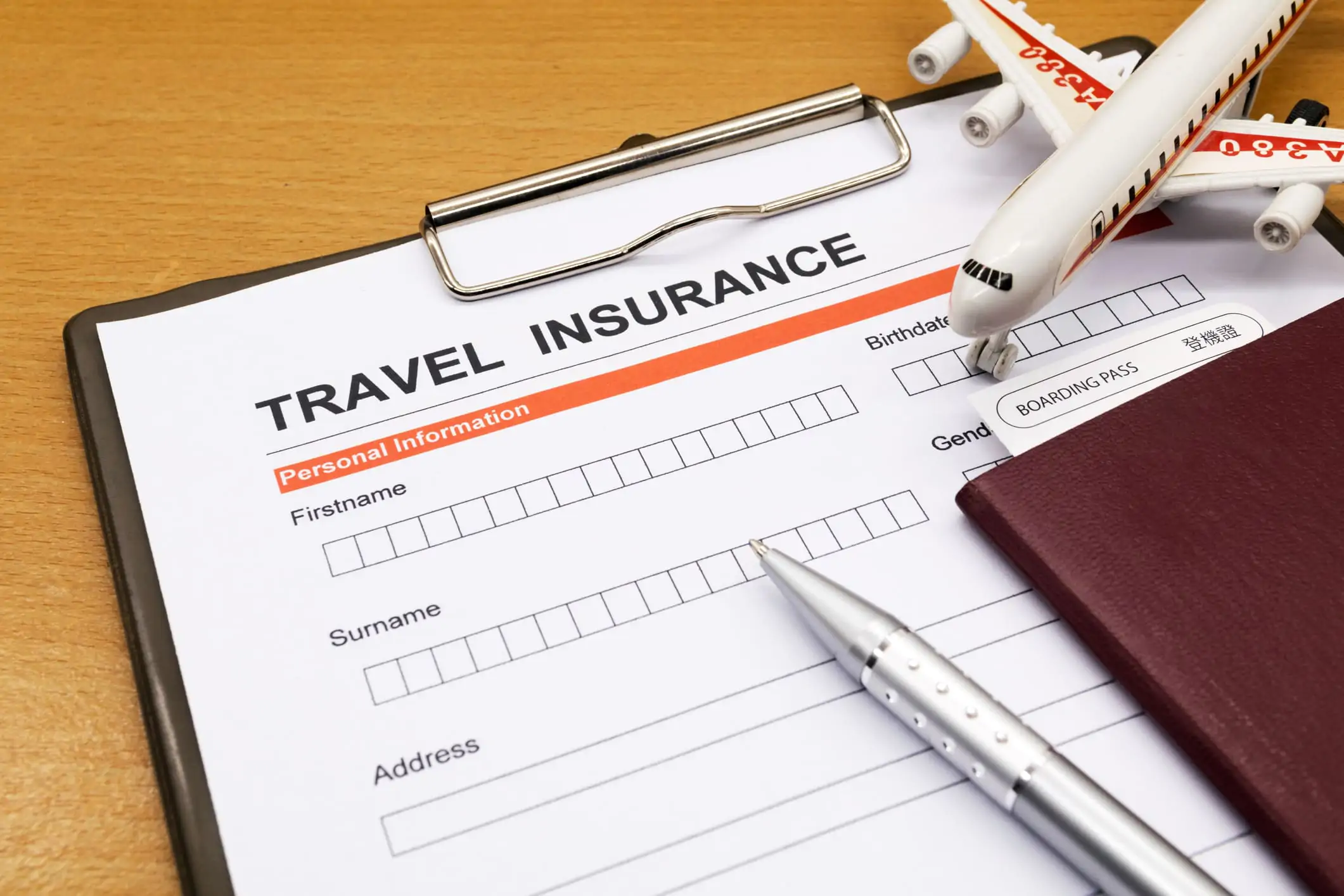Have you noticed your travel insurance quote is higher than it used to be? Several factors, like rising medical costs and travel disruptions, are pushing up prices. But here’s the good news – not all of it is out of your control. By understanding what affects your quote, you can make informed decisions to help keep costs down.
In this guide, we’ll explain why prices have changed, what impacts your premium, and how to get the best value from your cover.
Why has travel insurance become more expensive?
With budgets already stretched by rising grocery bills and energy costs, we understand how frustrating it is to see your travel insurance quote increase. You might be wondering – why has it gone up?
The reality is, insurers are feeling the strain of rising costs too. Over the past few years, challenges like higher global medical fees and frequent travel disruptions have meant they’ve have had to adjust their prices to keep your cover working as it should.
The rising cost of medical treatment and repatriation 
Whether it’s emergency surgery, or repatriation after a serious illness, global medical bills are higher than ever. This has a direct impact on insurance premiums.
According to the FCDO, treatment for a stomach bug or infection in the USA could cost over £150,000, while a quad bike accident in Greece requiring surgery and repatriation might exceed £80,000. Even a broken leg in Spain could lead to a £25,000+ hospital bill.
Repatriation costs have also surged. According to our underwriters, in 2024, the average cost of medical evacuation from the USA to the UK exceeded £192,212. Even repatriation from Spain, a top destination for UK travellers, now averages £45,136 – an 18% increase in just two years.
High levels of travel disruption
Travel can be unpredictable. When plans fall apart, travellers make claims, leading to higher payouts for insurers and bigger premiums for customers.
For instance, in January 2025, Storm Éowyn swept across the UK and Ireland, bringing winds over 100 mph and leaving more than 625,000 properties without power. The severe weather led to mass flight cancellations, delays, and ferry suspensions, forcing many travellers to cancel or rearrange their trips.
But it’s not just extreme weather. Travel industry strikes and airline staffing shortages, have also played a role in rising claims. According to UK Civil Aviation Authority data, between July and September 2024, only 57% of UK flights departed on time, with an average delay of 25 minutes. 1.42% of flights were cancelled within 24 hours of their scheduled departure time.
Factors affecting your travel insurance quote
While industry-wide changes have pushed prices up, insurers also assess individual risk factors to calculate your premium. Everything from your age and medical history to where you’re travelling and how long you’ll be away can influence your final quote.
Age
As we get older, our likelihood of needing medical treatment abroad increases, which raises the overall risk for insurers. Because of this, premiums tend to go up with age, even for those in good health.
Some insurers use age bands to calculate pricing, meaning you may see a jump in costs when moving into a higher bracket. Others set upper limits on their policies, making it hard to find cover beyond a certain age.
That’s why Avanti offer specialist travel insurance for seniors. With us, people aged 80 and beyond can still travel to their heart’s content, feeling secure every step of the way.
Medical conditions
If you have a pre-existing medical condition, you might notice it affects the cost of your travel insurance. That’s because insurers look at how likely you are to need medical treatment abroad. If there’s a higher risk of a claim, the price of your cover might go up.
When taking out a policy, you’ll be asked about your medical history. This includes common conditions like diabetes, heart conditions, asthma, and high blood pressure – even if they’re well managed. It’s important to declare them to make sure you’re fully covered whilst away.
If your health changes – say you’re diagnosed with a new condition, start a new medication, or receive treatment – you’ll need to update your cover. This could put up the price or change your policy terms, as your new medical situation affects the overall risk.
Destination
Where you travel can also affect the cost of your insurance. For example, insurance for trips to low risk destinations like Europe is usually cheaper than for higher risk worldwide destinations like the USA, Canada, or the Caribbean, where healthcare and repatriation costs are significantly higher.
European trips might also cost less to cover because UK travellers can access state-funded healthcare with an EHIC (European Health Insurance Card) or GHIC (Global Health Insurance Card). These cards allow access to medically necessary care at the same cost as locals, meaning insurers are less likely to receive claims for routine medical expenses.
It’s worth noting that EHIC and GHIC cards don’t cover private treatment, repatriation, or non-medical claims like lost luggage or cancellations. The right travel insurance can step in to cover what these cards don’t.
Cover type
Policies with higher limits and broader protection naturally cost more.
If you’re taking a budget-friendly trip, a policy with lower limits on cancellation, baggage, and medical cover will usually be cheaper. But for long-haul holidays or trips with expensive tech, a more comprehensive policy with higher medical limits, trip disruption cover, and gadget protection will come at a higher cost.
Your holiday plans can also play a role. Action-packed activities like skiing or snowboarding might require winter sports cover, which adds protection for equipment loss or slope closures. Likewise, cruise policies cover risks such as itinerary changes and onboard medical care, making them more expensive than standard policies.
Trip length
The longer your trip, the more your travel insurance is likely to cost. That’s because the longer you’re away, the greater the chance of something going wrong.
For example, a weekend city break to Paris will generally be cheaper to insure than a month-long backpacking trip through Southeast Asia.
Will making a claim affect my next travel insurance premium?
If you’ve made a claim, you might be wondering whether it will affect the cost of future policies. While car and home insurers might raise your renewal price after just one, travel insurance doesn’t quite work the same way.
In most cases, a single claim won’t directly increase your premium. It’s important to remember that insurers consider a range of factors when pricing policies. Destination, trip length, and medical history all play a role, meaning your history is just one part of the bigger picture.
How can I get cheaper travel insurance?
Travel insurance costs may be rising, but that doesn’t mean you can’t find ways to keep your premium as low as possible. While some factors, like age and medical history, are out of your control, there are still smart choices you can make to help reduce the cost of your cover.
Choose a low-cost destination
If you’re flexible with your holiday plans, choosing a destination with lower medical costs can help keep your insurance premium down. Countries like France, Spain, and Portugal are generally cheaper to insure than long-haul destinations such as the USA or Thailand, where private healthcare is expensive.
Destinations with lower risk factors, such as well-developed healthcare and good transport links, may also have cheaper insurance costs. If you’re looking to save, swapping a Caribbean getaway for a Mediterranean escape could make a noticeable difference to your premium.
Travel light
Packing high-value items like laptops, tablets and game consoles can increase the cost of your travel insurance. That’s because insuring expensive belongings means higher potential payouts if they’re lost, stolen, or damaged.
If you don’t need to bring high-end tech, consider leaving it at home. Not only does this reduce the risk of loss, but it can also help lower your insurance premium.
Consider your level of cover
If you’re taking a budget-friendly trip, a basic policy with lower limits on cancellation, baggage, and medical cover might be enough. But for long-haul trips or expensive holidays, a more comprehensive policy with higher limits could be worth the extra cost.
It’s also important to make sure your cover matches the value of your trip – never more than necessary. For example, if your holiday costs £500, there’s no need for £5,000 cancellation cover.
Think about an annual policy
If you travel more than once a year, an annual multi-trip policy could be a cheaper and more convenient option than buying separate policies for each trip. Instead of paying for multiple single-trip policies, one annual policy covers all your trips within 12 months, often saving money in the long run.
Adjust your excess
Your excess is the amount you agree to pay towards a claim before your insurer covers the rest. Choosing a higher excess can lower your premium, but it also means you’ll pay more out of your own pocket if you need to make a claim.
For example, if you select a £150 excess and make a £500 claim, your insurer will cover £350, and you’ll pay the rest. While a higher excess can reduce upfront costs, it’s important to choose an amount you’d be comfortable paying if something goes wrong.
Before adjusting your excess, check whether it applies per claim or per policy – some insurers apply it to each separate claim, which could add up if you need to claim more than once on the same trip.
Questions about your quote? We’re here to help
Understanding your travel insurance quote can feel overwhelming, especially when prices change. If you’re unsure about any part of your quote – whether it’s cover levels, medical declarations, or excess options – our friendly team are here to help.
They can answer your questions and help you find a policy that fits your needs. If you’re reviewing your renewal and want to check your options, don’t hesitate to get in touch.





